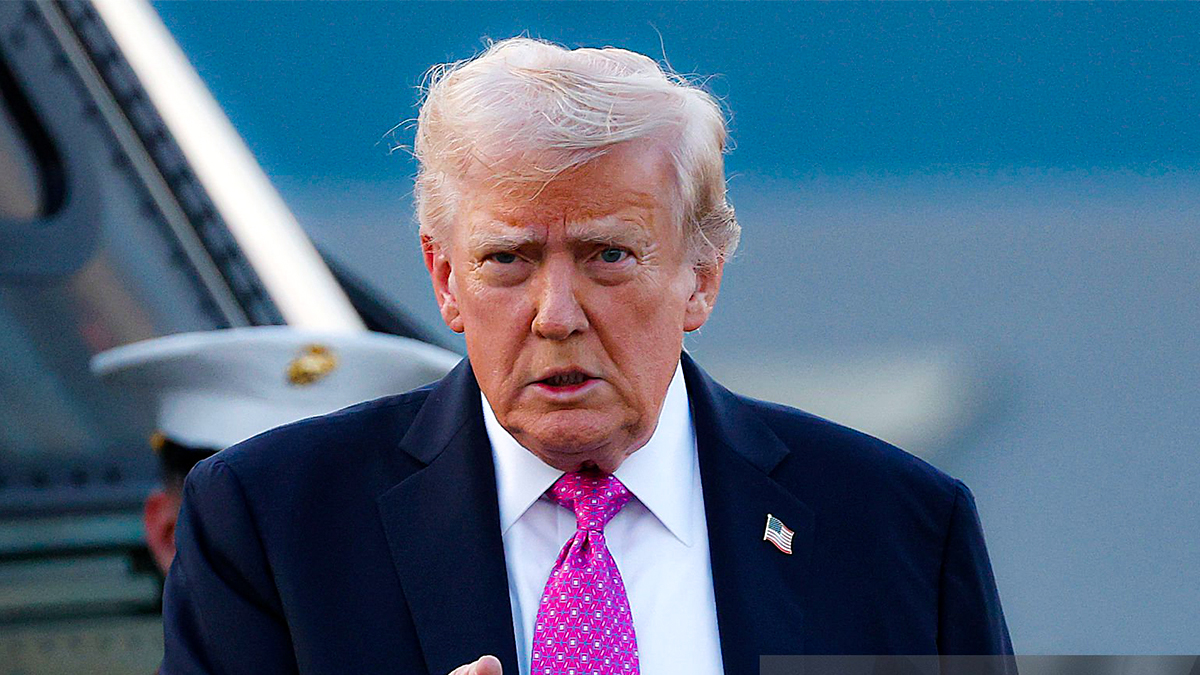President Donald Trump declared on Truth Social that he is designating Antifa, a loosely organized left-wing anti-fascist movement, as a “major terrorist organization,” branding it a “sick, dangerous, radical left disaster.”
Announced during a state visit to the United Kingdom, Trump also called for rigorous investigations into Antifa’s funders, emphasizing compliance with the highest legal standards.
The decision follows the recent assassination of conservative activist Charlie Kirk, though no direct evidence links the suspect, Tyler Robinson, to Antifa. Supporters, including Republican lawmakers, hail the move as a necessary crackdown on violence, while critics argue it risks overreach, potentially threatening free speech due to Antifa’s decentralized nature.
Legal experts highlight challenges in enforcing the designation, as no clear U.S. mechanism exists for labeling domestic groups as terrorist organizations, a point raised by former FBI Director Christopher Wray in 2020.
The call to probe funders remains unspecified, fueling uncertainty about its scope. This echoes Trump’s unfulfilled 2020 threat to designate Antifa a terrorist group, intensifying debates over its implications for civil liberties and political polarization.
